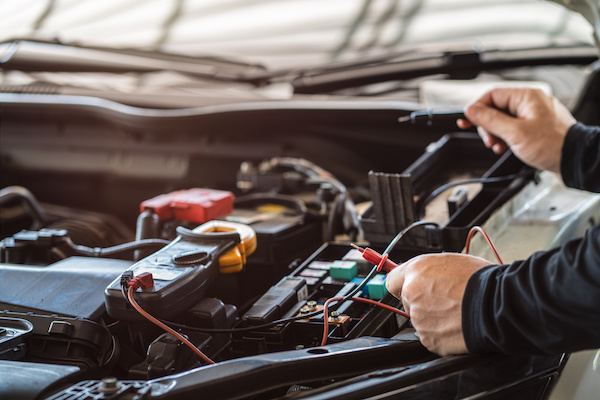
You're cruising down the highway, and suddenly, your headlights start flickering, your radio loses power, and the dashboard lights go dim. Something's amiss with your car's electrical system, and it might just be the alternator. But before you rush to the repair shop, why not play detective and learn how to test if the alternator is the problem?
The Vital Role of the Alternator
Before we dive into testing, let's understand what the alternator does. Think of it as your car's electrical powerhouse. Its primary job is to generate electricity to power various components, including the battery and the electrical system. It keeps your battery charged while you drive and ensures that your lights, radio, and other electronics work seamlessly.
Signs of Alternator Trouble
When your alternator is on the fritz, your car will give you subtle hints. Look out for these telltale signs:
- Dimming Headlights: Your headlights may appear dimmer than usual, especially when idling or at low speeds.
- Dashboard Warnings: Keep an eye on warning lights like the battery or check engine light. If they illuminate, it's a clue.
- Strange Noises: Unusual grinding or whining noises under the hood might indicate alternator issues.
- Weak or Dead Battery: If your battery constantly needs a jump-start or has a shorter lifespan, the alternator could be the culprit.
Testing Your Alternator: DIY Style
Here's how to perform a basic alternator test:
- Prepare Your Tools: You'll need a multimeter, a wrench or socket set, and protective gear like gloves and safety glasses.
- Safety First: Ensure your car is turned off and the engine is cool.
- Locate the Alternator: Find your alternator; it's usually near the front of the engine, with a belt connected to it.
- Voltage Test: With your multimeter set to DC voltage, connect the red lead to the positive terminal of the battery and the black lead to the negative terminal.
- Start the Engine: Fire up your car and let it idle.
- Check Voltage: The multimeter should read around 13.8 to 14.2 volts when the engine is running. If it's significantly lower, your alternator might be faulty.
While a DIY test can offer insights, a professional diagnostic can pinpoint issues more accurately. If your alternator fails the voltage test or if you experience multiple signs of trouble, it's wise to consult an auto technician at our shop. They have the tools and expertise to diagnose and address alternator problems effectively.
By detecting alternator issues early, you can avoid unexpected breakdowns and keep your car's electrical system running smoothly. So, next time you suspect alternator trouble, don't hesitate to play detective. If you need further assistance, please visit Pete's Auto Service in Charlotte, NC, for alternator repairs.